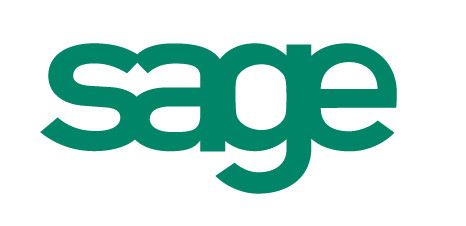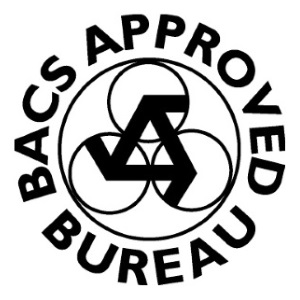Limited company guide to year end
The ‘year end’ is the day the financial period ends for your limited company. It’s also the day the clock starts ticking for you to send certain documents to HMRC and Companies House.
For first-time limited company directors, it’s hard to know where to start. Here are your key responsibilities, those all-important deadlines, and any other tasks you should consider.
I’m approaching year end – what do I need to do?
Before you start to prepare your year end documents, there are a few bits of housekeeping to take care of:
- Look at your legitimate business expenses. These are taken off your profits, and less profit means less Corporation Tax to pay. According to HMRC, expenses must be “wholly and exclusively” for business use, so if you bought something specifically for your business, no matter how bizarre, you can probably claim it as an expense.
- In order to make your year end as accurate as possible, take some time to chase up any unpaid invoices you may have. If you start doing this a few weeks before your year end, you can record the money in your company bank account and reconcile it with your accounts.
- Record keeping is vital to back your accounts up. Before filing your year end, make sure you have records for everything. This can mean getting statements of account from suppliers, bank and credit card statements from financial institutions, and records of any other income you receive.
What documents do I need to prepare?
Exactly what you need to prepare depends on factors such as the size of your business. Here are the reporting requirements for the smallest businesses (classed as micro-entities).
Company Tax Return
Your Company Tax Return (CT600) contains details of your company’s income, as well as any taxation adjustments and capital allowances. It will be used to calculate how much Corporation Tax your company owes.
Annual Accounts (also known as Statutory Accounts)
Your Statutory Accounts are made up of three documents:
- Income Statement which shows the profit (or loss) you made for the period.
- Statement of Financial Position – a snapshot showing the value of a business, based on assets, liabilities, capital, and reserves.
- Footnotes including advances, credit, and guarantees granted to directors, along with financial commitments, guarantees, and contingencies.
What needs to be filed with whom, and when?
You’ll need to file year end documents with both HMRC and Companies House. HMRC requires your Company Tax Return and full Annual Accounts.
Companies House only requires the Statement of Financial Position and the Footnotes from your Annual Accounts (these will be made public on the Companies House website).
The deadline is nine months after your year end (within 21 months of your registration date if it’s your first return).
The deadline for HMRC is 12 months after your year end, although any Corporation Tax due needs to be paid to HMRC within nine months and one day from this period.
As you might expect, there are penalties if you miss the deadlines.
What else do I need to think about?
Aside from meeting your obligations with HMRC and Companies House, your year end is also a good time to review your company’s performance and plan for the future.
VAT returns
If your company is VAT registered (on either the Flat Rate Scheme or the standard scheme), you will most likely have a VAT return due at the same time as your year end. VAT returns aren’t often thought of as part of a year end, but they usually coincide with one.
Confirmation Statement
As a director of a limited company, you need to confirm your company information with Companies House once a year. Failure to file a Confirmation Statement can result in directors being fined personally in criminal courts, and companies being struck off the register.
You need to file your Confirmation Statement at least once a year, and within 14 days of its due date. The due date is normally a year after your incorporation or the date you last completed a Confirmation Statement / Annual Return. You must submit a Confirmation Statement even if the company is dormant.
Financial planning
The run-up to your year end is the perfect time to think about some financial and tax planning. This can help minimise your tax bill in the immediate future and also the long-term. Options include paying money into ISAs, bringing your spouse or partner into your business and channelling some of your income into a pension.
Review your suppliers
It’s a great idea to review your service providers once a year anyway to make sure you’re getting value for money – why not do it at your year end? That way you can ditch any overpriced or unneeded suppliers and start afresh in the new financial year.
Need some help?
This checklist is purely advisory and we’d always recommend speaking to an accountant for more in-depth information.
If you don’t have an accountant or are looking to switch, give our friendly team a call on 0161 476 9000 or email us for more information.












